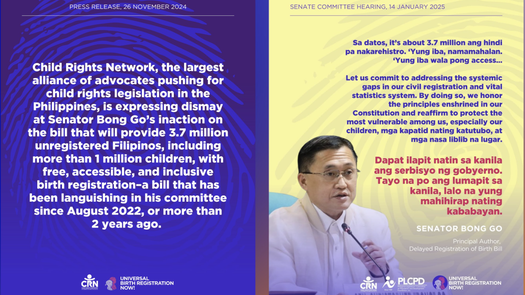July 29, 2025

Doan Thi Thu Huyen, Vietnam Country Coordinator at GHAI, speaks at the CRVS-ID legal review launch workshop
The Global Health Advocacy Incubator (GHAI) is supporting Vietnam as it launches a legal review of its civil registration, vital statistics, and ID management (CRVSID) systems, starting with a workshop at the end of November. The review, expected to last into the spring of 2021, will produce recommendations for reforming the country’s CRVS legal frameworks to ensure everyone is counted and accurate data can inform and improve Vietnam’s public health policies and programs.
Over thirty representatives from seven government agencies and ministries, along with the United Nations Population Fund, convened for the workshop in Hanoi on November 30. The event was hosted by the Ministry of Justice and organized by the Global Health Advocacy Incubator (GHAI) and Vital Strategies.
Participants discussed challenges, gaps and bottlenecks in the existing CRVSID and identification management systems, as well as ways to address these challenges. GHAI, presenting virtually, shared international best practices and introduced the CRVSID Legal and Regulatory Review Toolkit.
The review will culminate with a second and final workshop in April or May, at which the recommendations from the review will be presented. Vietnam joins more than a dozen other countries in applying and using the legal and regulatory review toolkit as part of the CRVSID reform efforts. The toolkit was developed by GHAI in collaboration with Vital Strategies and with support from the Centre of Excellence for CRVS Systems and other partners in the Bloomberg Philanthropies-supported Data for Health (D4H) Initiative.
The Data for Health project responds to a critical data need. The World Health Organization estimates that 65% of all deaths worldwide go unrecorded, and millions of deaths lack a documented cause. In addition, according to UNICEF, one in four children under the age of five have never had their births registered. This information is necessary for government officials, public health leaders and funders to make informed decisions on priorities, including where and how to direct public health resources.



